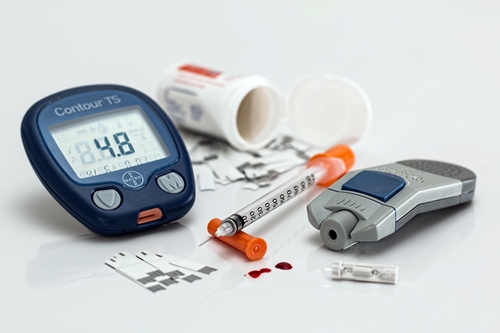15 April 2016. A challenge on InnoCentive is asking for new techniques to deliver drugs to specialized kidney cells in patients with kidney damage caused by diabetes. The competition has a total purse of $20,000 and a deadline of 13 May 2016 for submissions. The sponsor of the challenge, pharmaceutical company Boehringer Ingelheim, is also seeking research plans related to the challenge proposals, with funding of up to $200,000 selected separately.
The competition is conducted by InnoCentive in Waltham, Massachusetts that conducts open-innovation, crowdsourcing competitions for corporate and organization sponsors. Free registration is required to see details of the competition. In November 2015, Boehringer Ingelheim revealed that it planned to make more use of crowdsourcing for R&D ideas through InnoCentive and others.
Boehringer Ingelheim is seeking new ways to address diabetic nephropathy, damage to kidneys resulting from diabetes. In people with diabetes, basic components of kidneys known as nephrons, thicken and become scarred, leaking albumin proteins into the urine. Damage can occur and continue for years before symptoms develop, with diabetic nephropathy now considered a major cause of sickness and death among people with diabetes, often requiring dialysis or a kidney transplant.
Because of the rising number of people with diabetes worldwide — World Health Organization estimates 422 million people have diabetes, leading to 1.5 million deaths each year — new tools and techniques are urgently needed to battle its effects. Boehringer Ingelheim cites data indicating the 5-year survival rate of people with diabetes in dialysis is only 25 percent, with diabetic nephropathy also a major risk factor for cardiovascular disease.
In this challenge, the sponsor is seeking solutions that target cells in the kidney known as podocytes that filter waste from the blood. Podocytes are found in the Bowman’s capsule of the kidney that surrounds a tangled cluster of capillaries called the glomerulus, and are part of the kidney’s filtration system. Because of the key role played by podocytes, Boehringer Ingelheim seeks new ways to address these cells in people with chronic cases of diabetic nephropathy.
InnoCentive calls this type of competition an ideation challenge, which requires a brief (two-page) proposal. Ideation proposals can contain ideas originating from the participants, the public domain where no restrictions are applied, or third-parties where participants have the rights to propose solutions with those ideas. Participants are asked not to submit confidential information in their proposals.
Boehringer Ingelheim says it plans to award the entire $20,000 challenge purse, with at least one award being no smaller than $5,000 and no award being smaller than $3,000. The sponsor also indicates that submitting a proposal grants the sponsor a non-exclusive, perpetual, and royalty-free license to use any information in the proposal. An exclusive transfer of intellectual property rights to the sponsor, however, is not required.
Participants in the competition with their own research facilities can apply for funding to carry out the research plan in their challenge proposals. Boehringer Ingelheim says these research plans should not exceed two years nor request more than $200,000. The company says the optional research proposals will be considered separately from the challenge submissions, but still have a 13 May 2016 deadline.
Read more:
- Artificial Kidney Implant Gains $6 Million Funding
- Diabetes Biotech Acquires GSK Spin-Off
- Advance Achieved in Replacement Kidney Blood Vessels
- Sanofi, Google to Partner on Diabetes Care, Devices
- Trial Testing App to Manage Diabetes, Foot Ulcers
* * *


 RSS - Posts
RSS - Posts
You must be logged in to post a comment.